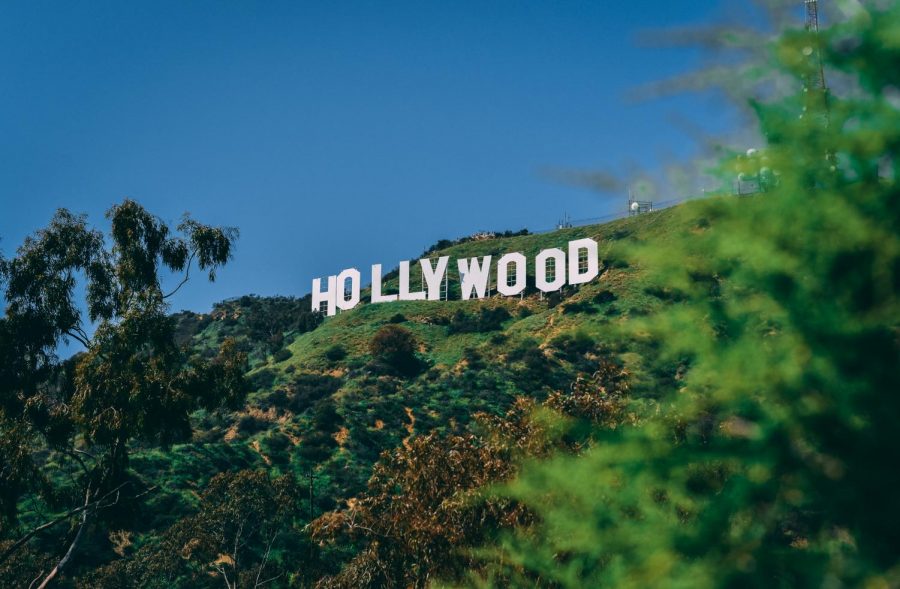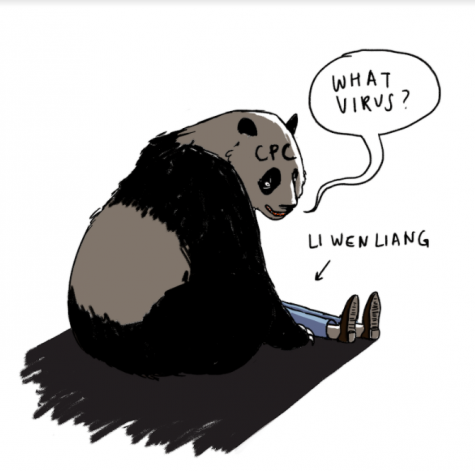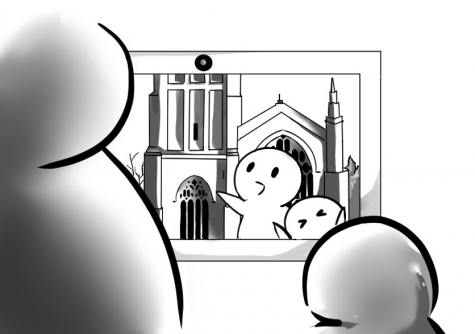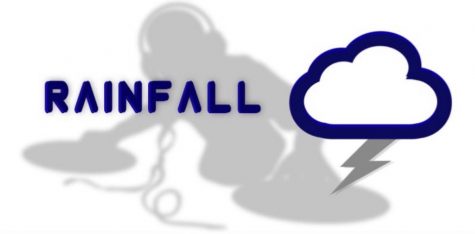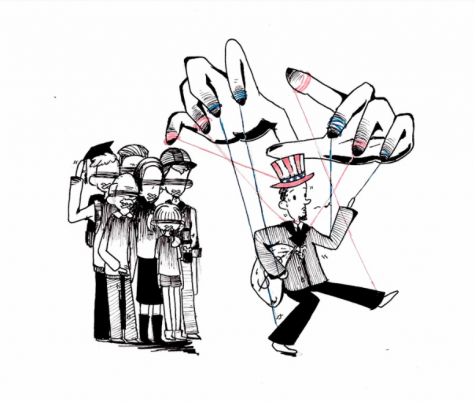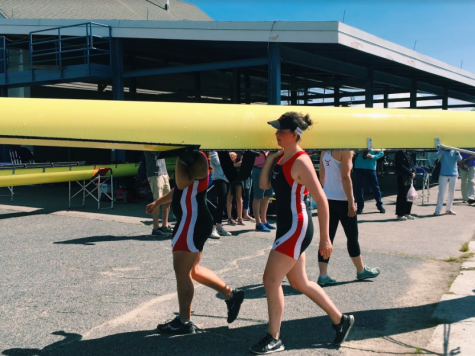Celebrities & COVID-19
The definition of “celebrity” is ever-evolving, now encompassing tech giants, athletes, social media stars, and political figures. In this new world permeated by COVID-19, celebrities must be prioritized more than ever because they interact with thousands more people than average citizens. For a start, this means that their reactions to coronavirus on social media must be scrutinized. More importantly, celebrities who interacted with fans before the onset of social distancing rules should receive immediate testing –– whether they were in stadiums full of fans or up-close meet-and-greets, celebrities were at a higher risk of both getting infected and spreading the infection. And because we still lack enough resources to ensure everyone’s protection, we must instead take measures to minimize the spread of the virus.
Since social media is central to how we receive information, our perceptions of COVID-19 can easily be influenced by what celebrities choose to put on their platform. On March 19, American actress Evangeline Lilly posted on social media that it was “business as usual” for her and that “some people value their lives over freedom, some people value their freedom over their lives. We all make our choices.” Currently, she has a following of over two million people.
On the other hand, model Naomi Campbell has been wearing hazmat suits in the airport and meticulously cleaning the surfaces around her, fully equipped with Clorox, latex gloves, and a face mask. And in the tech world, Bill Gates has stepped down from the boards of both Microsoft and Berkshire Hathaway to focus his efforts on fighting COVID-19. Since February, the Bill and Melinda Gates Foundation has donated 100 million dollars to fight the outbreak.
We need more public figures like Gates and Campbell, who are setting the right example by taking measures to protect themselves and others. We do not need Evangeline Lillys, who are irresponsibly advocating for beliefs that are illogical at best and deadly at worst.
Currently, doctors, transportation workers, and even grocery clerks are at a high risk of contracting the virus. However, at the onset of the virus, celebrities were more likely to contract and spread COVID-19 due to the number of fans they may have met before social distancing regulations were established. According to Carl Bergstrom, a biologist at the University of Washington, celebrities and politicians were initially more susceptible to COVID-19 simply because they were more connected. “They are, in the language of network theory, highly connected nodes,” he says. “They travel more and have more in-person interactions with more people,” who may also be quite well-connected.
The case of the sweep National Basketball Association (NBA) testing drew the most attention, as the association was accused of putting the famous and wealthy players over average citizens who had shown symptoms of the virus. It all started when Utah Jazz player Rudy Gobert tested positive on March 11, which prompted the subsequent testing of 25 percent of NBA players as recommended by health advisors, according to Forbes. These players were tested with kits procured through private companies, rather than the federal-issued testing kits available to the public. New York City Mayor Bill de Blasio called the NBA out in a tweet on March 17, saying “tests should not be for the wealthy, but for the sick.”
Yet in the bigger picture, the sweep of testing was highly beneficial to the larger community. Due to the physical nature of the sport, once one player tested positive, it was highly likely that other players had been infected. As of March 19 (about a week after Gobert’s testing), thirteen other players had tested positive for COVID-19.
NBA players also had frequent contact with the public in early March –– another dangerous way for the virus to spread. Because of the NBA’s proactive testing, the season was canceled early on.
Though the NBA garnered much negative media attention for its actions, it inherently drew the public’s eye to the gravity of the virus, which was still being grossly overlooked in early March. As more celebrities get tested or promote hand-washing, social distancing, and other simple methods of stopping the spread of COVID-19, it becomes clear that we will continue to need strong voices of reason from public figures to truly flatten the curve.


